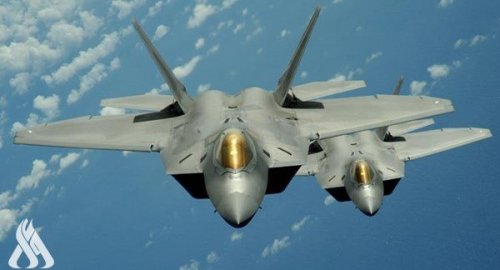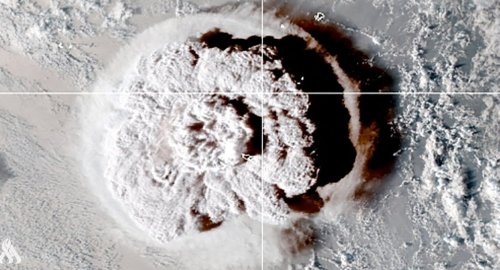
U.S. intercepts four Russian aircraft near Alaska in 'routine' encounter

- 15-02-2023, 09:21
INA- sources
The U.S. military has revealed it was forced to scramble fighter jets to intercept four Russian warplanes near Alaska on Monday in what the Pentagon called "routine" activity.
"Russian aircraft remained in international airspace and did not enter American or Canadian sovereign airspace," NORAD said in a release.
"This Russian activity in the North American ADIZ occurs regularly and is not seen as a threat, nor is the activity seen as provocative," the release added. "NORAD had anticipated this Russian activity and, as a result of our planning, was prepared to intercept it."
ADIZ stands for the Alaska Air Defense Identification Zone. The U.S. requires aircraft entering the stretch of mostly international airspace, some 200 nautical miles off of the Alaskan coast, to identify themselves in the interest of national security.
In Tuesday's release, NORAD also clarified that the Russian flight activity is in "no way related" to operations "associated with airborne objects over North America during the last two weeks."
In response, NORAD said it quickly scrambled two F-16 fighters, while two F-35A fighters, an E-3 Sentry and two KC-135 Stratotankers were sent to assist.
While Russia's nearly year-long war in Ukraine has heightened tensions, NORAD called Monday's encounter "routine," saying it has intercepted Kremlin military aircraft in the ADIZ about six to seven times a year since 2007.
The U.S. military's last encounter happened in October when two Russian bombers entered the international airspace off the coast of Alaska.
Source : UPI
First joint picture of Greenland Ice Sheet melting, ESA
- Multimedia
- 09:28
US Central Command: We killed ISIS terrorist leader Abu Yusuf in Syria
- International
- 24/12/20
Liverpool compete with Real Madrid to sign Olympique Lyonnais star
- Security
- 24/12/19
ISC, ADX discuss Strengthening Economic Ties
- Economy
- 24/12/16
Iraq assumes presidency of Arab Investment Company’s Executive Board
- Economy
- 24/12/17












